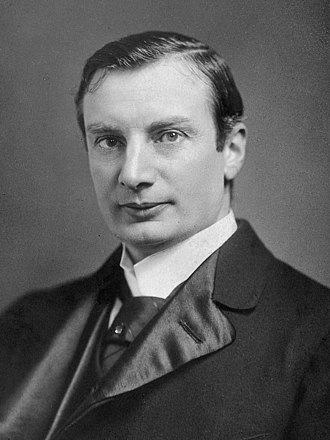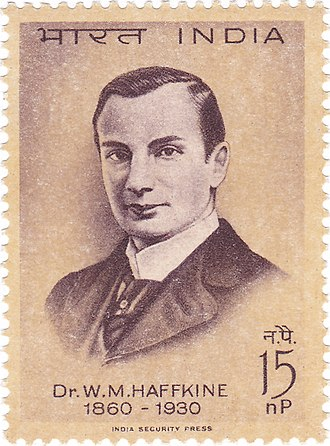
While we are amidst this global Covid-19 pandemic, important to remember the great Sir Waldemar Mordechai Wolff Haffkine. Yesterday was his 90th death anniversary.
Haffkine was a bacteriologist from Ukraine (then part of the Russian Empire).
en.wikipedia.org/wiki/Waldemar_…
Haffkine was a bacteriologist from Ukraine (then part of the Russian Empire).
en.wikipedia.org/wiki/Waldemar_…

"(Haffkine) emigrated and worked at the Pasteur Institute in Paris, where he developed an anti-cholera vaccine that he tried out successfully in India. He is recognized as the first microbiologist who developed and used vaccines against cholera and bubonic plague."
"(Haffkine) tested the vaccines on himself. Lord Joseph Lister named him "a saviour of humanity".
He was knighted in Queen Victoria's Diamond Jubilee year Honours in 1897."
en.wikipedia.org/wiki/Waldemar_…
He was knighted in Queen Victoria's Diamond Jubilee year Honours in 1897."
en.wikipedia.org/wiki/Waldemar_…
"He proceeded to India in 1893 and established a laboratory at Byculla in 1896 which moved to Parel and was later called the Haffkine Institute. Haffkine worked on the plague and by 1902–3 half a million were inoculated but on 30 October 1902, 19 people died from tetanus..."
"...of 107 inoculated at Mulkowal. This "Mulkowal disaster" led to an enquiry. He was briefly suspended but reappointed director of the Biological Laboratory in Calcutta. He retired in 1915 and suffering from malaria, had to return to France."
"The Haffkine Institute for Training, Research and Testing is located in Parel in Mumbai (Bombay), India. It was established on 10 August 1899 by Dr. Waldemar Mordecai Haffkine, as a bacteriology research centre called the "Plague Research Laboratory"."
en.wikipedia.org/wiki/Haffkine_…
en.wikipedia.org/wiki/Haffkine_…

#DidYouKnow The Haffkine Institute Building was originally the official residence of the British Governor of Bombay, till 1885 (after which, it moved to the present Malabar Hill location).
Post 1885, it became the records building, and then Haffkine's 'Plague Laboratory' (1899).

Post 1885, it became the records building, and then Haffkine's 'Plague Laboratory' (1899).


• • •
Missing some Tweet in this thread? You can try to
force a refresh






